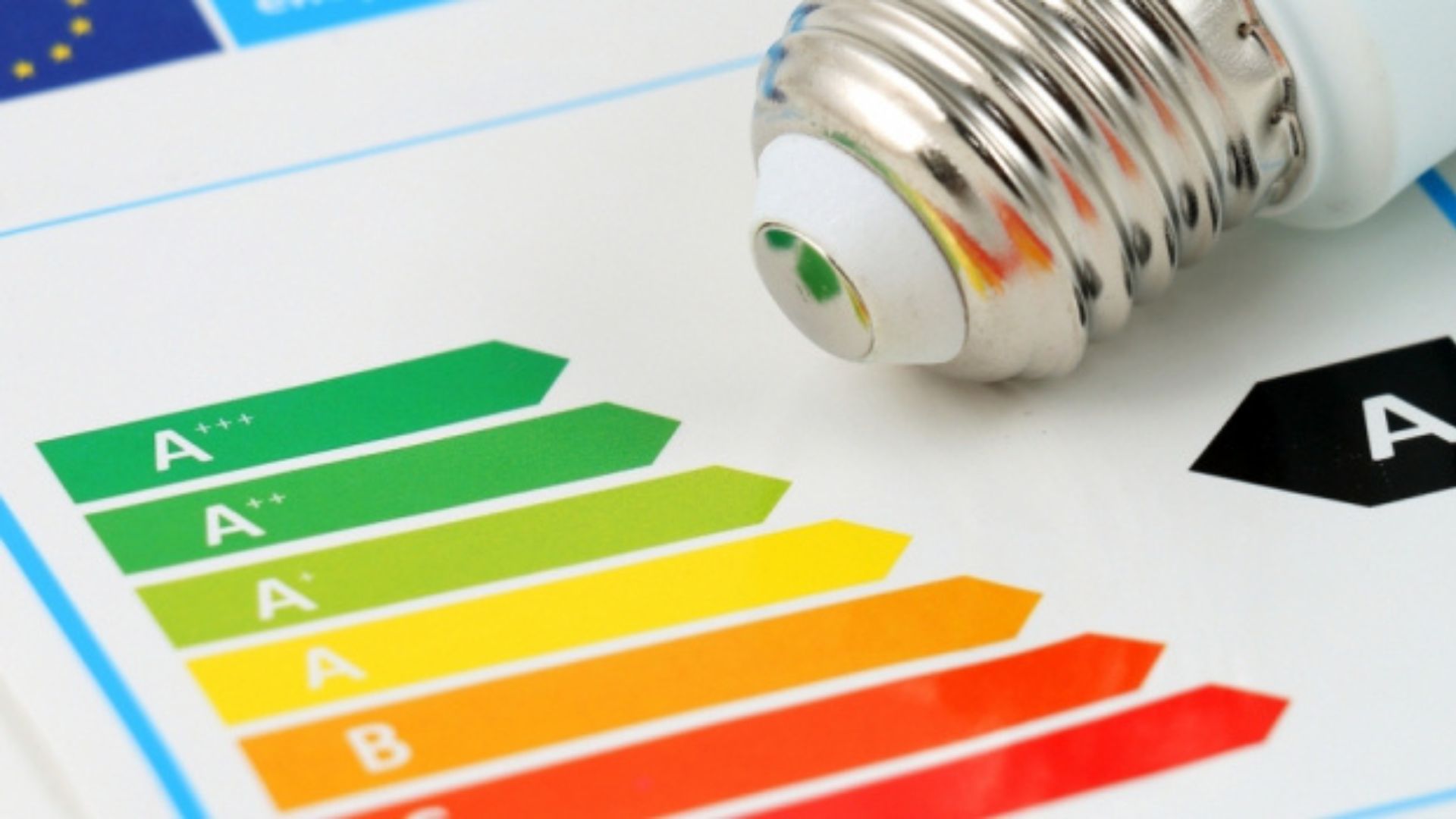EPC Methodology changing?
Great news, EPC Methodology Changing. The release of RdSAP 10 on 15 April 2024 marks the first full-scale update to the residential EPC methodology in four years. This is great news, as it will mean more accurate EPCs.
There are a total of 30 changes that are being made to the RdSAP calculation engine. Assessment Hive has reviewed the documents and has identified some of the big changes being introduced below.
- Windows – more information to be gathered. Currently, an assumption is made about total glazed area based on the dwelling’s age. The actual values will be determined from April.
- Additional options for roof rooms – we will be required to capture the different construction types of any common wall and gable walls.
- New age band – Introduction of new age band for properties built from 2023 onwards to show improvement in u-values.
- We can now account for PV diverters and battery storage
- Heat Pumps to be recommended more – The government’s low carbon solution of choice, Heat Pumps, will be appearing more often as a recommended improvement measure. This will only happen under certain conditions e.g. the property has to be fairly well insulated.
A regular update to the methodology is important. This ensures that assessments truly reflect the impact of new proven technologies and innovation.
What is an Energy Performance Certificate?
The EPC is a crucial legal requirement for any property that is to be sold, let, or constructed. The EPC measures a property’s energy efficiency on a scale of A-G and is valid for 10 years.
A better rating indicates a lower impact on the environment through Carbon Dioxide (CO2) emissions. The average EPC rating for properties in the UK is band D. The EPC also provides practical recommendations on ways to improve the rating.
If you would like read more information about EPCs, please click here.







